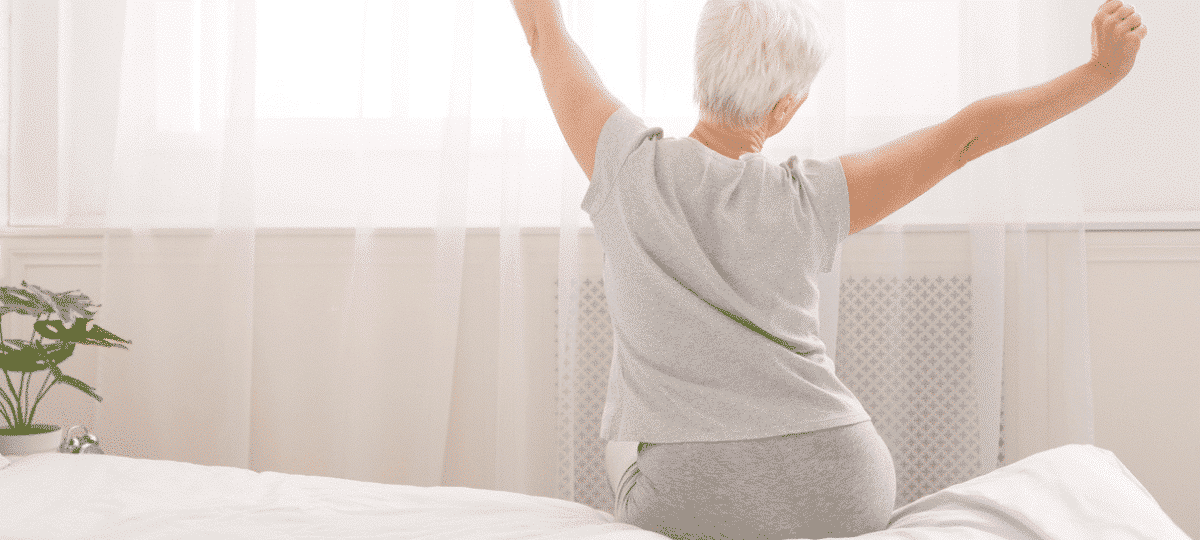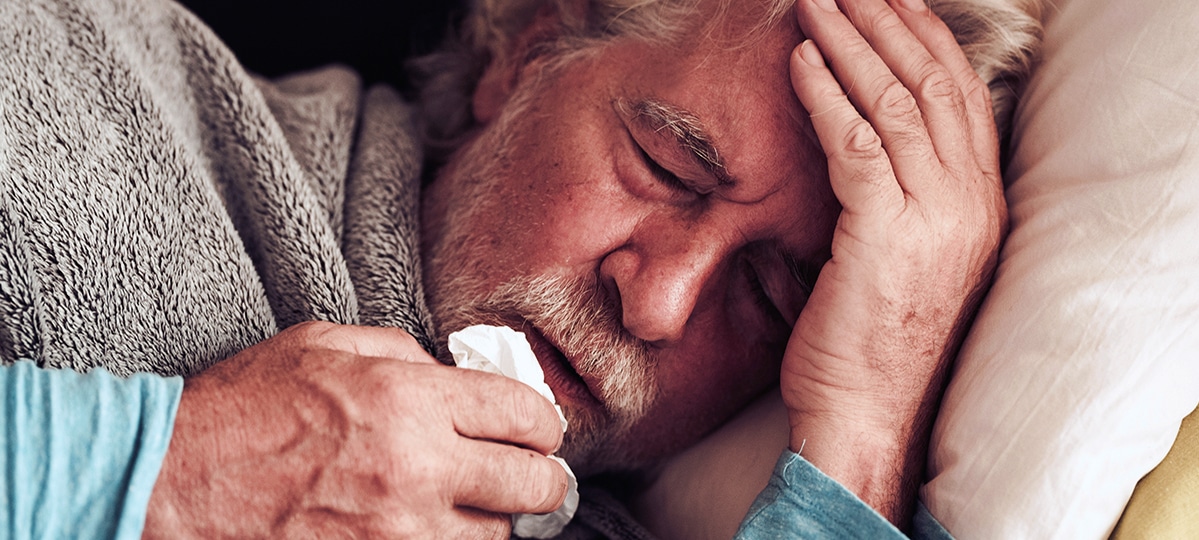According to the National Sleep Foundation, adults 26 to 64 should strive for between seven and nine hours of sleep a night. Those 65 and older should aim for seven to eight hours of sound slumbers.
But for many Americans who experience issues falling or staying asleep, meeting those recommendations is more dream than reality. According to a Sleep in America study conducted by the National Sleep Foundation, 75 percent of adults have problems sleeping well–and 60 percent of respondents reported daytime sleepiness. This, they said, interfered with activities and caused work absences or mistakes on the job.
Sleep isn’t just important to job performance. It plays a crucial role in your mental, emotional and physical health. Consistent sleep deprivation can cause brain fogginess and poor mood and denies your body the opportunity to heal and repair important cells and tissues. Ongoing deficiency is even associated with an increased risk of heart disease, kidney disease, high blood pressure, diabetes, stroke and obesity, reports the National Heart, Lung and Blood Institute.
OK, you get it: Sleep is important. But what if you just can’t seem to get enough? Check out these six tips guaranteed to get you much better sleep starting tonight:
Move It to Snooze It
Research from Johns Hopkins Medicine suggests that engaging in regular, moderate aerobic exercise during the day increases the amount of slow-wave sleep, a fancy name for deep sleep. And you don’t need to run a marathon to reap the restful rewards of better sleep. Simply engaging in 30 minutes may be all it takes. Just experiment with the timing of your workouts–some people report that exercising too close to bedtime has kept them awake.
Power Down
According to sleep.org, 71 percent of people sleep either holding their smartphone, having it in bed with them or having it on their nightstand. And while it can be tempting to cuddle up to your cell phone or tablet before hitting the sack, if it’s better sleep you’re after, you’re better off avoiding it. The blue light emitted from these devices can fool your brain into thinking it’s daytime by suppressing melatonin (a hormone that affects circadian rhythm and should increase when you are preparing for bedtime). Skip the stimulation by reserving cell phone and tablet usage for daylight hours.
Set a Food and Drink Curfew
Since large meals and spicy foods can cause indigestion, the National Sleep Foundation advises avoiding these within two to three hours of your ideal bedtime, if you want better sleep. If you’re hungry within that window, consider a light snack about 45 minutes before bed. But stay away from white bread, refined pasta and sugary, baked goods, which some experts say may reduce serotonin levels and impair your sleep.
If you’re a coffee or caffeinated tea drinker who wants better sleep, consider cutting back on a few cups, or at least enjoying your beverages earlier in the day since caffeine can interfere with sleep. And don’t forget about sneaky sources of caffeine, like chocolate and some medications, which can keep you stimulated and impair your sleep.
Stick to a Schedule
Train your body by going to bed and waking up around the same time every day–even on weekends. The National Sleep Foundation says this will help set your body’s internal clock and establish an appropriate sleep-wake cycle, which will make falling and staying asleep more innate. Better sleep, here you come!
Make Your Room a Zen Den
Set the tone for a good night’s sleep by making your room completely dark. According to Harvard Health, even dim light can interfere with a person’s circadian rhythm and melatonin secretion, two important contributors to sleep. And make sure your thermostat is set for between 60 and 67 degrees–according to the National Sleep Foundation, this temperature range is ideal for better sleep.
Mind Your Mattress
According to The Sleep Help Institute, mattresses have a lifespan of approximately eight years, but that can vary by a number of factors, including your size, the manufacturer, the type of mattress, whether you sleep solo or with a partner, and your position while sleeping.
If you are desperate for better sleep, assess your mattress. If it has started sagging, or you wake up sore, it might be time to invest in a new one.
And don’t forget your pillow: Some experts suggest replacing these every one to two years. And although this is mainly for hygienic reasons–pillows absorb body oil, dead skin cells and hair, which can make them smell and creates an environment conducive to dust mites and other allergens, it also seems to be when once fluffy pillows turn flat.




